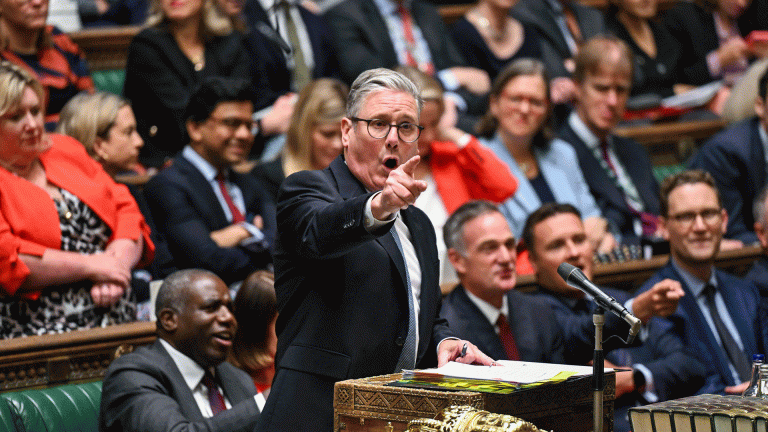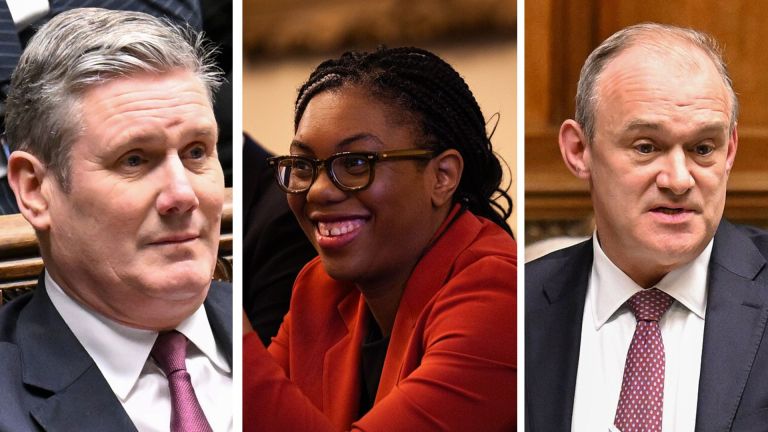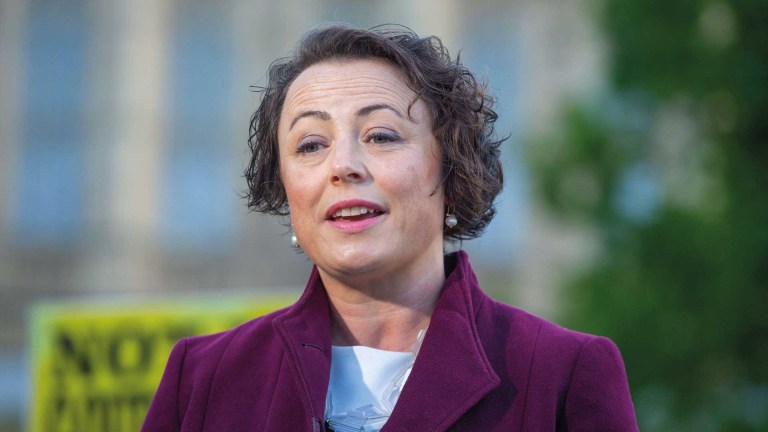But Harris has resonated with younger voters online almost uniquely well, and there’s a clear reason why.
“Every election cycle there are examples of mocked attempts at looking hip, and there’s a risk of not looking authentic,” Hillygus explains, but this has not been the case with Harris. “She has had content on TikTok that has come from users, as well as the campaign, and has come across as authentic.”
One of these users is Mikaela Wild, who runs the unofficial pro-Harris account Let’s Get Her Elected. In its first month the account got over half a million likes.
“I wanted to help the campaign and the country get back to a place of civility [after Joe Biden dropped out of the race],” she says.
“Kamala’s messaging and ability to deliver that message appeals to people who are on TikTok more than Trump’s incoherent ramblings or Biden’s incoherent speeches… Kamala is much more clippable, which just makes for better content.”
According to Wild, TikTok is fast becoming an important part of all political campaigning. “Politics is one of the easiest lanes to create social media engagement on,” she explains. “People are increasingly only getting their news from social media, meaning it’s going to become incredibly important for political figures to synthesise their messaging and format it for social media.”
Advertising helps fund Big Issue’s mission to end poverty
This is not just an American phenomenon. British politicians from all parties have been attempting to use the platform to connect with voters.
One of the most prolific in the UK is Dr Luke Evans, Conservative MP for Hinckley and Bosworth. Evans has nearly 50,000 followers on the platform and has received over one million likes.
Some of his videos are quite conventional, promoting causes in his constituency and his own speeches, others cover important but not necessarily well understood parts of our politics, such as explaining what exactly the King’s Speech is.
“I used it so that people knew me,” Evans says. “People have got that knowledge of who I am, what my message is and my style, which is really useful when it comes to breeding familiarity. I can’t tell you the number of people in my constituency who come up and say to me their kids have seen me on TikTok and that’s how they know about what I do and the issues I’m raising.”
Some say the platform is removing focus from policy issues; Harris has only given one television interview since becoming a presidential candidate, leading to accusations of avoiding scrutiny, and British politicians including Nigel Farage faced similar criticism during the general election campaign. Evans believes a balance is necessary.
“As a politician I think it’s really important to speak to lots of different people where they are. That also includes doing your surgeries, speeches and speaking to journalists.
Advertising helps fund Big Issue’s mission to end poverty
“What I want to do on TikTok is to engage with audiences and make videos replying to people immediately, answering questions that they may have in a way that’s straight forward and pithy. It’s very good at making people think and distil their ideas in a creative way that captivates attention.”
A platform which grabs young people’s attention and spreads ideas sounds like the perfect place for a political campaign, so could Kamala Harris become the first TikTok president?
“TikTok is reaching a group of potential voters that are not getting their information from other places” says Dr Hillygus.
“Young people have left Facebook, young people have left Twitter. TikTok is one of those platforms at this moment in time where you’re seeing a concentration of young people getting political information.
“You don’t really see another platform which is quite as prominent.”
Do you have a story to tell or opinions to share about this? Get in touch and tell us more. Big Issue exists to give homeless and marginalised people the opportunity to earn an income. To support our work buy a copy of the magazine or get the app from the App Store or Google Play.
Advertising helps fund Big Issue’s mission to end poverty










